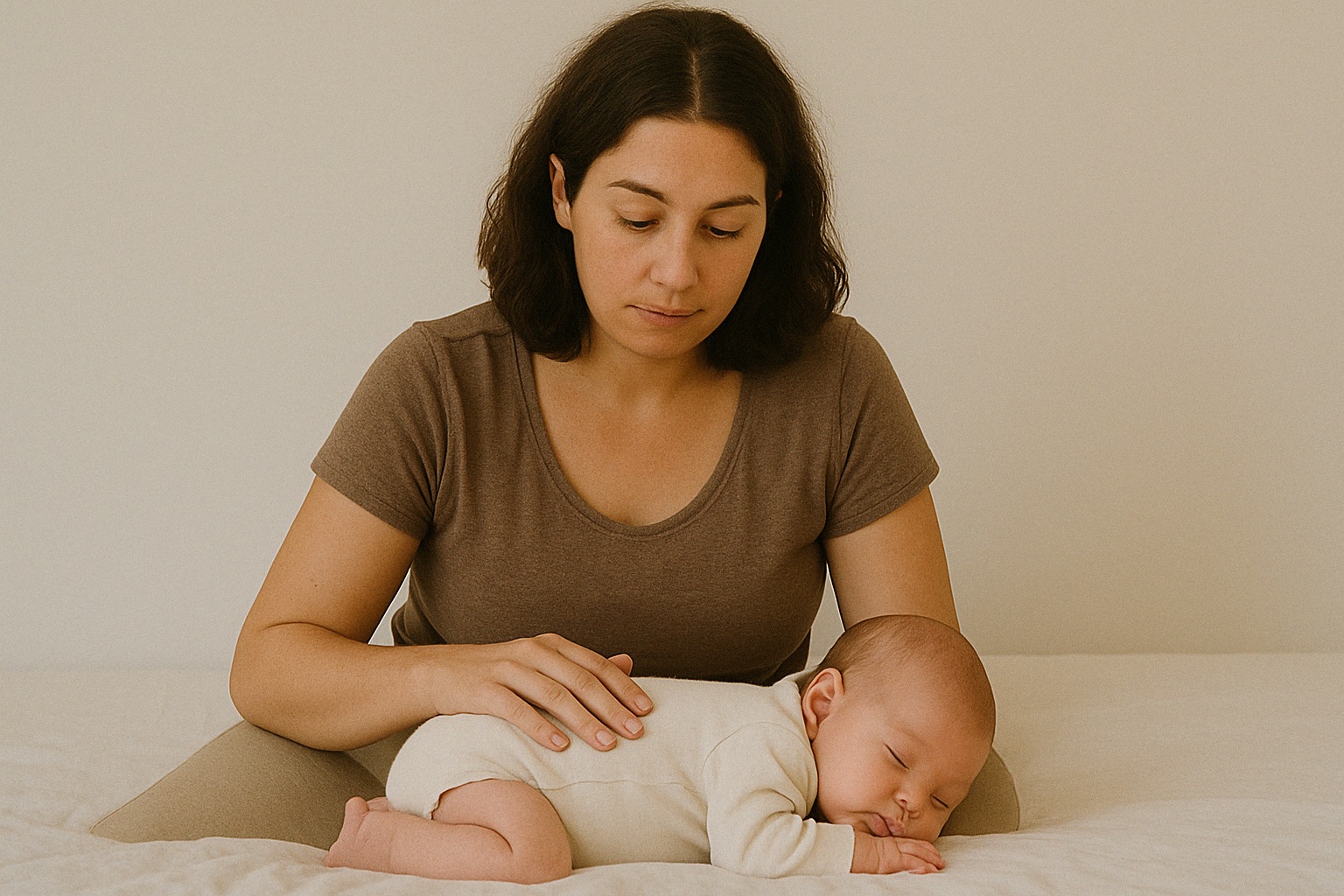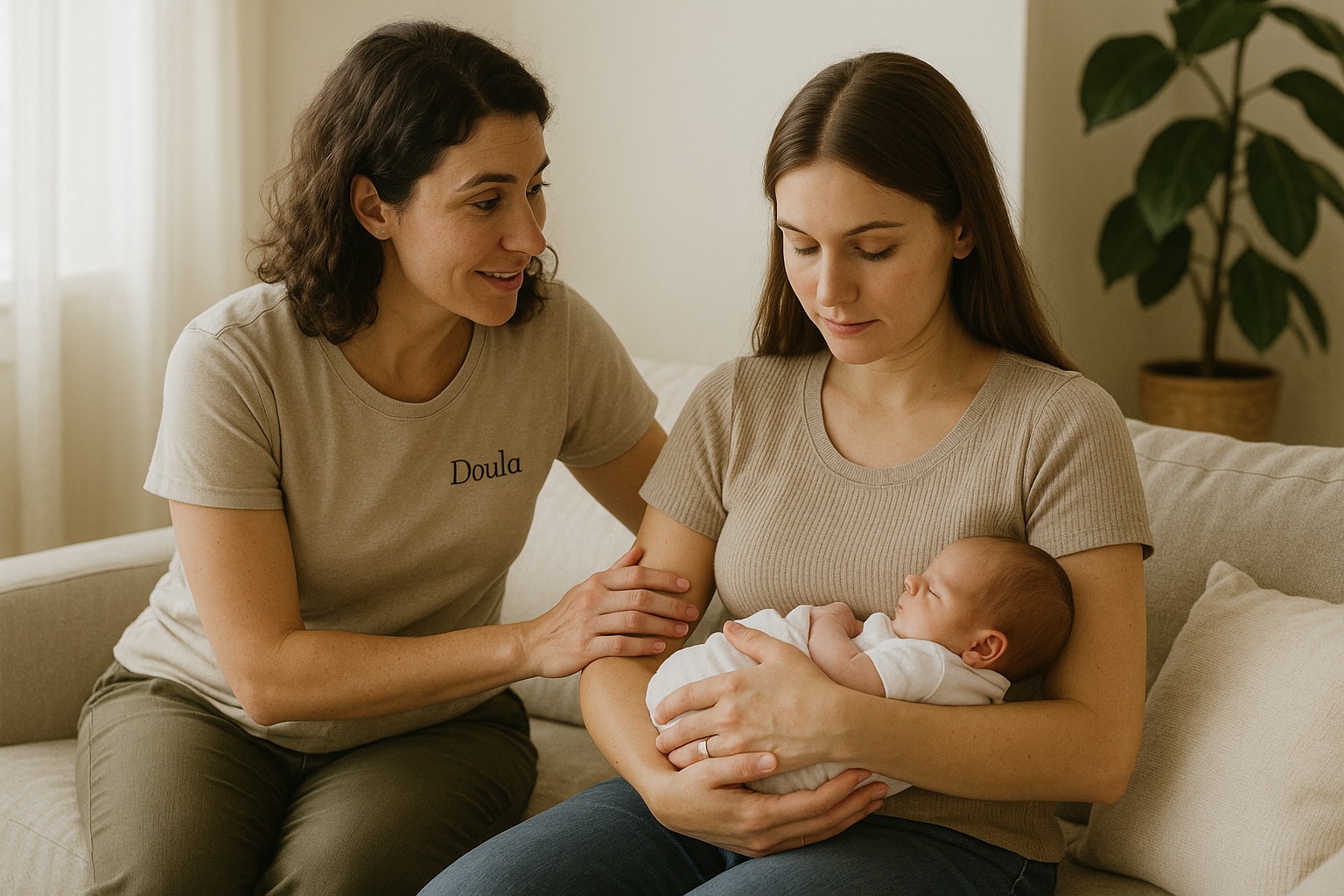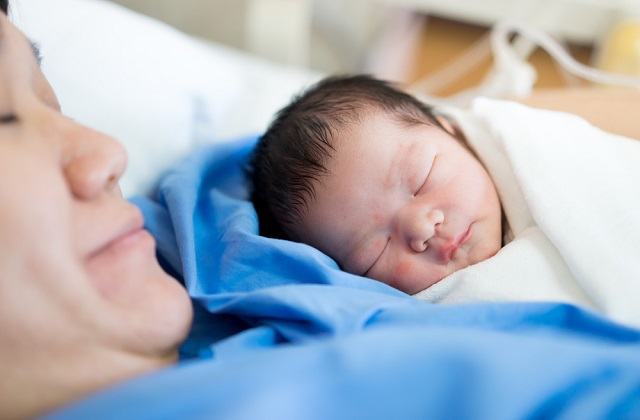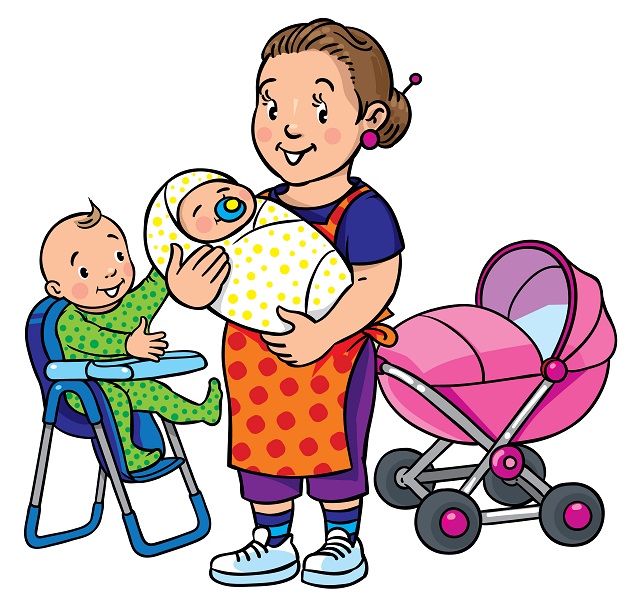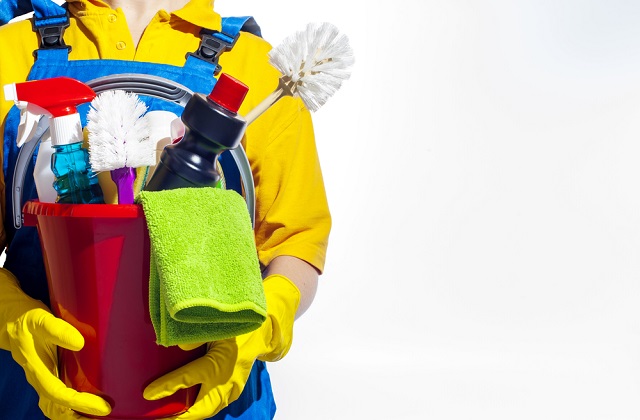Essential Postpartum Care Tips for New Mothers in Singapore
The postpartum period, also known as the fourth trimester, is a time of profound change for new mothers—both physically and emotionally. In Singapore, where confinement practices and modern healthcare blend, it's crucial to understand how to recover well and care for yourself after childbirth.
Understanding the Postpartum Period
The postpartum period typically spans the first six weeks after delivery, but recovery can take longer depending on individual circumstances. During this time, a mother's body undergoes hormonal shifts, physical healing, and emotional adjustment—all while caring for a newborn.
1. Physical Recovery
Post-delivery recovery varies depending on whether the birth was vaginal or via C-section. Here are some general care tips:
- Rest and Sleep: Sleep when the baby sleeps. Rest helps with healing and reduces the risk of postpartum fatigue and depression.
- Manage Postpartum Bleeding: Lochia (postpartum bleeding) can last 2–6 weeks. Use maternity pads and consult a doctor if bleeding is unusually heavy or accompanied by fever.
- C-Section Wound Care: Keep the incision clean and dry. Avoid heavy lifting and monitor for signs of infection.
- Nutrition and Hydration: Eat well-balanced meals rich in iron, calcium, and vitamins. Drink plenty of water, especially if breastfeeding.
2. Emotional Well-being
Hormonal changes, sleep deprivation, and the demands of caring for a newborn can impact mental health.
- Baby Blues vs Postpartum Depression: Feeling overwhelmed is normal in the first 1–2 weeks. If symptoms persist, speak to your doctor. Singapore's KKH and NUH offer support for postpartum depression.
- Stay Connected: Talk to loved ones, join mummy groups, or consider online communities for support.
- Don't Be Afraid to Ask for Help: From lactation support to help with chores, it's okay to reach out.
3. Confinement Practices in Singapore
Many mothers in Singapore follow traditional confinement practices for about 30–40 days post-delivery. These include:
- Eating confinement foods: Dishes rich in ginger, sesame oil, and herbs are believed to boost recovery.
- Staying warm and avoiding wind: These practices aim to prevent “wind” from entering the body, which is believed to cause joint pain later in life.
- Professional confinement nannies: Families often hire experienced caregivers (confinement ladies) to support both baby care and mother's healing.
Modern mums often modify traditional practices to suit their personal needs and medical advice. Always consult your doctor if unsure.
4. Breastfeeding and Lactation Support
Breastfeeding may be natural, but it isn't always easy at the start. Singapore offers several resources:
- Hospital Lactation Consultants: Most hospitals like KKH and Thomson Medical have lactation support services.
- Support Groups: Breastfeeding Mothers' Support Group (BMSG) Singapore is a great platform to find tips and encouragement.
- Common Challenges: These include engorgement, latching issues, or low supply. Early intervention helps.
5. Postpartum Medical Follow-up
It's important to attend your postpartum check-up about 6 weeks after delivery. Doctors will assess your physical healing, emotional well-being, and discuss contraception options.
Conclusion
Postpartum recovery in Singapore blends medical care with traditional support. Whether you follow a strict confinement routine or prefer a more flexible approach, the most important thing is to prioritise your health and well-being. When mothers are cared for, babies thrive too.
Need help? Reach out to your hospital's maternity team, join a support group, or contact a parenting helpline like HealthHub or BMSG Singapore.
It takes a village to raise a child !
Join our WhatsApp Parenting Chat Groups By Area in Singapore.

